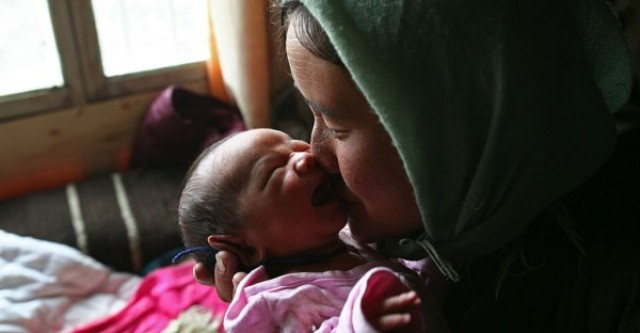Tibetan mothers set to receive China’s longest maternity leave at 365 days
BY SHANGHAIIST IN NEWS ON DEC 6, 2016 2:00 PM

Tibetan mothers are set to receive a 365 day-long maternity leave, the longest in China. Similarly, Tibetan fathers will benefit under the new law by receiving China’s longest paternity leave, designated at 30 days.
The People’s Congress of the Tibet Autonomous Region passed the law last Wednesday which will ensure mothers in the far-flung western region will be given a year’s salary during their time off, Legal Daily reported via SCMP.
However, another report from ThePaper.cn quotes an official from the National Health and Family Planning Commission who said the policy is still only a draft.
“This is the first time that Tibet will adopt a population and family planning law. [The draft law] needs improvement,” said the unidentified official.
Ever since the implementation of the two-child policy, several Chinese regions have been encouraging mothers to have more babies by providing longer maternity leaves. Guangdong’s maternity leave, which was once China’s longest, is set at 208 days. In China, women are entitled to at least 98 days of paid maternity leave.
Tibet’s low birth rate, which sits below the national average, is in dire need of a good incentive. Rural Tibetans, who account for more than three-quarters of the region’s population, are not affected by the two-child policy and can have as many children as they wish.
Although the SCMP reports that urban Tibetans must abide by the two-child policy, the Global Times reports that all ethnic Tibetans, regardless of where they live, are not restricted by family planning policies.
As it were, it may turn out that China’s decades-long one-child policy has simply been too effective. Over two-fifths of Chinese parents have said that they are not interested in having a second child. In fact, China’s plummeting birth rate has experts worried that the country’s population may dip below 1 billion by the end of the century.
But with Tibet now entering its golden age and feeling more “satisfied” than ever before, why would you not want to bring forth new life into the world?
By Charles Liu




 Print
Print Email
Email